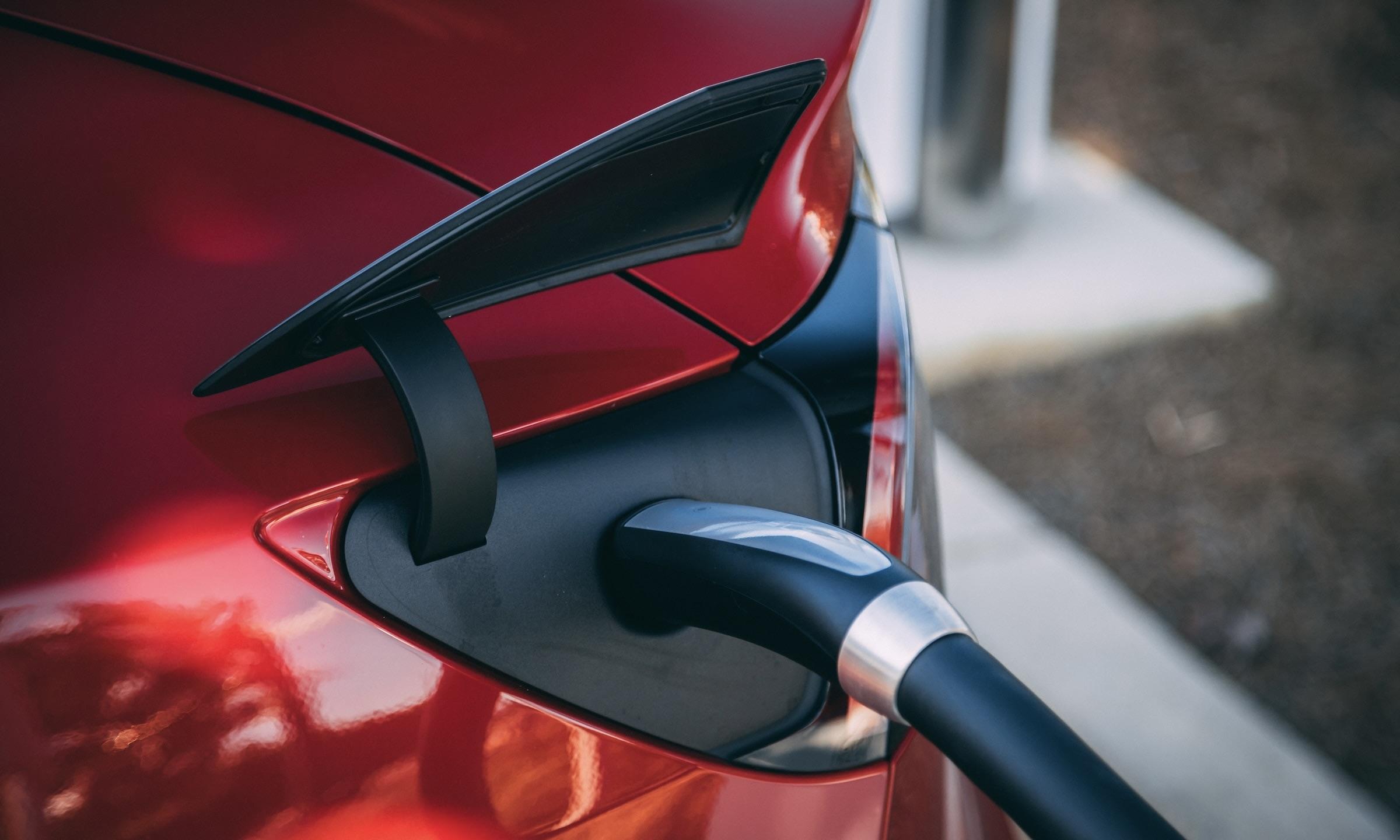Tesla's electric-vehicle charging technology is transforming the North American infrastructure, becoming the industry standard as automakers and states alike adopt the groundbreaking North American Charging Standard (NACS).
With widespread adoption among industry leaders like General Motors, Ford, Rivian, and most recently, Volvo Car, Tesla's charging technology has gained significant momentum. This has come at the expense of earlier efforts by the Biden administration to establish the Combined Charging System (CCS) as the dominant charging standard in the United States.
SAE International, the renowned standards organization, aims to develop an industry-wide configuration of Tesla's charging connector within the next six months. Their ongoing discussions with Tesla, Ford, GM, other automakers, and the federal government signify a major step towards NACS standardization.
Referred to as "the North American Charging Standard (NACS)" by Tesla, this groundbreaking technology is poised to transform the electric-vehicle charging landscape. However, it is important to note that SAE International's official endorsement is still pending.
According to a study conducted by the National Renewable Energy Laboratory (NREL), the United States is projected to install a robust network of 1.2 million electric-vehicle public chargers, including 1 million Level 2 chargers, by 2030. Notably, this initiative surpasses the Biden administration's goal of deploying 500,000 public chargers within the same timeframe. While the NREL study does not provide a breakdown of NACS and other connector types, it highlights the nation's commitment to comprehensive charging infrastructure.
The substantial undertaking of building out the public charging network will require between $33 billion and $55 billion of combined public and private capital investment, as estimated by the NREL study. Such ventures represent a significant opportunity for private businesses and public entities to contribute towards a greener and more sustainable future.
To encourage the widespread deployment of electric-vehicle charging stations, the White House has announced that those utilizing Tesla-standard plugs will be eligible for substantial federal subsidies. It is worth noting that these subsidies would be contingent upon the inclusion of the U.S. charging standard connection, CCS.
The states of Texas and Washington have already shown their commitment to advancing electric-vehicle infrastructure by mandating the use of NACS, along with CCS, as part of the federal program. The impact of these state-level decisions on the federal government's approach remains to be seen.
The future of electric vehicle charging in North America is on the precipice of tremendous growth and innovation. With Tesla's technology at the forefront, it is an exciting time for the industry as we collectively strive for a sustainable and electrified future.
Photo: Vlad Tchompalov/Unsplash



 Ukraine minerals deal: the idea that natural resource extraction can build peace has been around for decades
Ukraine minerals deal: the idea that natural resource extraction can build peace has been around for decades  Wildfires ignite infection risks, by weakening the body’s immune defences and spreading bugs in smoke
Wildfires ignite infection risks, by weakening the body’s immune defences and spreading bugs in smoke  U.S.-India Trade Framework Signals Major Shift in Tariffs, Energy, and Supply Chains
U.S.-India Trade Framework Signals Major Shift in Tariffs, Energy, and Supply Chains  Dollar Near Two-Week High as Stock Rout, AI Concerns and Global Events Drive Market Volatility
Dollar Near Two-Week High as Stock Rout, AI Concerns and Global Events Drive Market Volatility  Trump Signs Executive Order Threatening 25% Tariffs on Countries Trading With Iran
Trump Signs Executive Order Threatening 25% Tariffs on Countries Trading With Iran  Toyota’s Surprise CEO Change Signals Strategic Shift Amid Global Auto Turmoil
Toyota’s Surprise CEO Change Signals Strategic Shift Amid Global Auto Turmoil  Trump Lifts 25% Tariff on Indian Goods in Strategic U.S.–India Trade and Energy Deal
Trump Lifts 25% Tariff on Indian Goods in Strategic U.S.–India Trade and Energy Deal  Tencent Shares Slide After WeChat Restricts YuanBao AI Promotional Links
Tencent Shares Slide After WeChat Restricts YuanBao AI Promotional Links  Trump Endorses Japan’s Sanae Takaichi Ahead of Crucial Election Amid Market and China Tensions
Trump Endorses Japan’s Sanae Takaichi Ahead of Crucial Election Amid Market and China Tensions  South Korea’s Weak Won Struggles as Retail Investors Pour Money Into U.S. Stocks
South Korea’s Weak Won Struggles as Retail Investors Pour Money Into U.S. Stocks  SpaceX Pushes for Early Stock Index Inclusion Ahead of Potential Record-Breaking IPO
SpaceX Pushes for Early Stock Index Inclusion Ahead of Potential Record-Breaking IPO  OpenAI Expands Enterprise AI Strategy With Major Hiring Push Ahead of New Business Offering
OpenAI Expands Enterprise AI Strategy With Major Hiring Push Ahead of New Business Offering  Sony Q3 Profit Jumps on Gaming and Image Sensors, Full-Year Outlook Raised
Sony Q3 Profit Jumps on Gaming and Image Sensors, Full-Year Outlook Raised  Gold and Silver Prices Slide as Dollar Strength and Easing Tensions Weigh on Metals
Gold and Silver Prices Slide as Dollar Strength and Easing Tensions Weigh on Metals  Weight-Loss Drug Ads Take Over the Super Bowl as Pharma Embraces Direct-to-Consumer Marketing
Weight-Loss Drug Ads Take Over the Super Bowl as Pharma Embraces Direct-to-Consumer Marketing  Russian Stocks End Mixed as MOEX Index Closes Flat Amid Commodity Strength
Russian Stocks End Mixed as MOEX Index Closes Flat Amid Commodity Strength 































